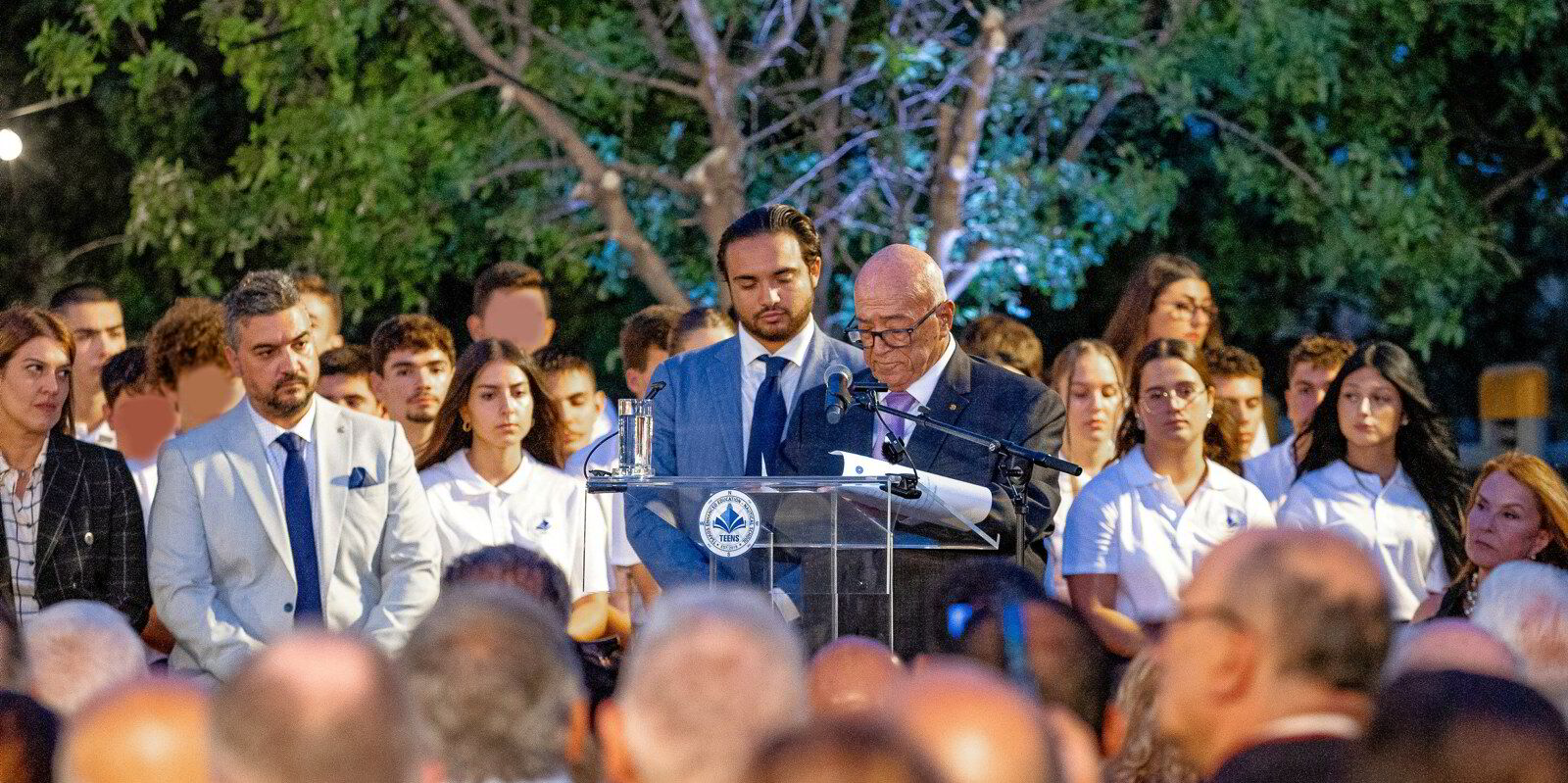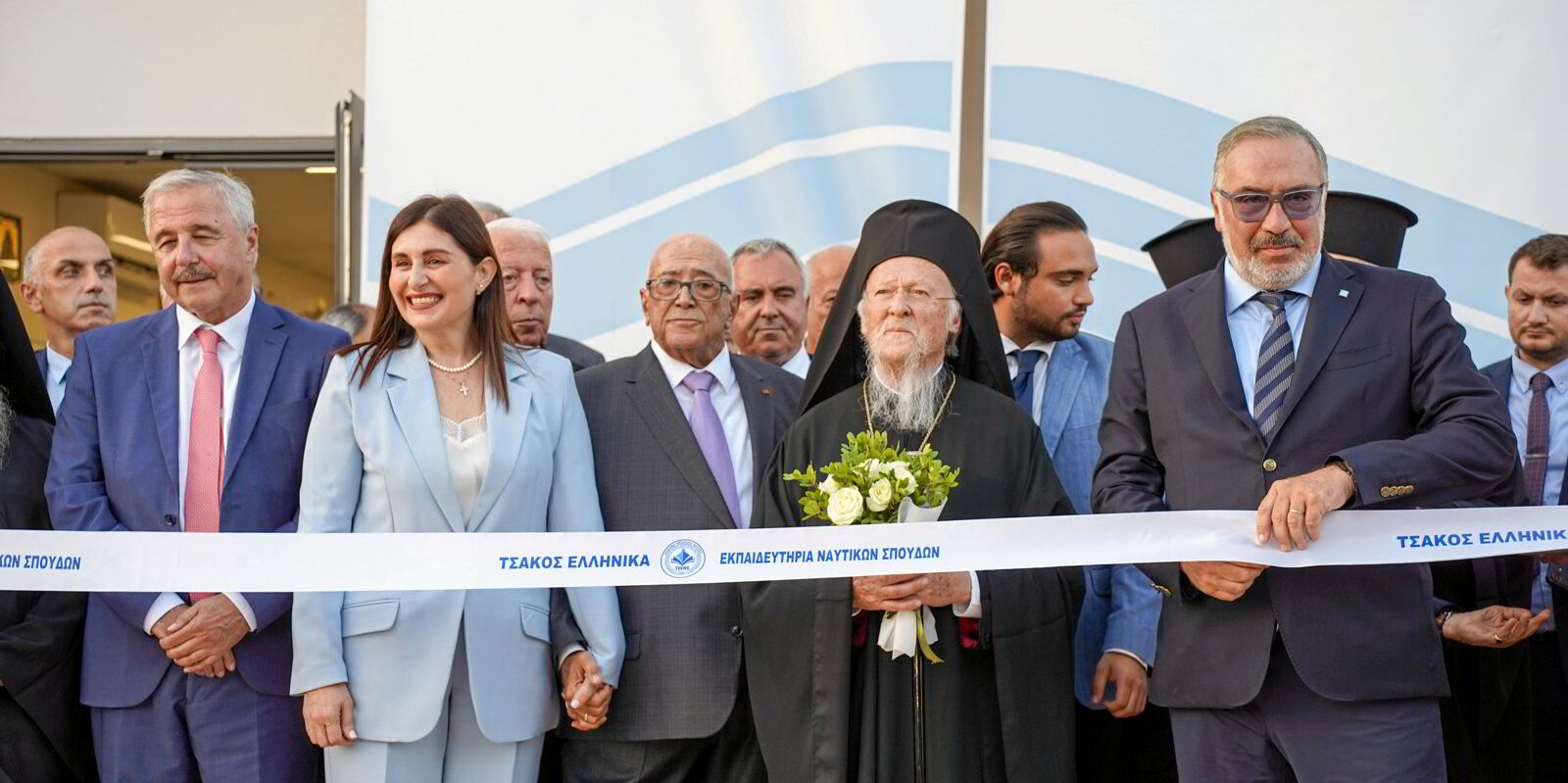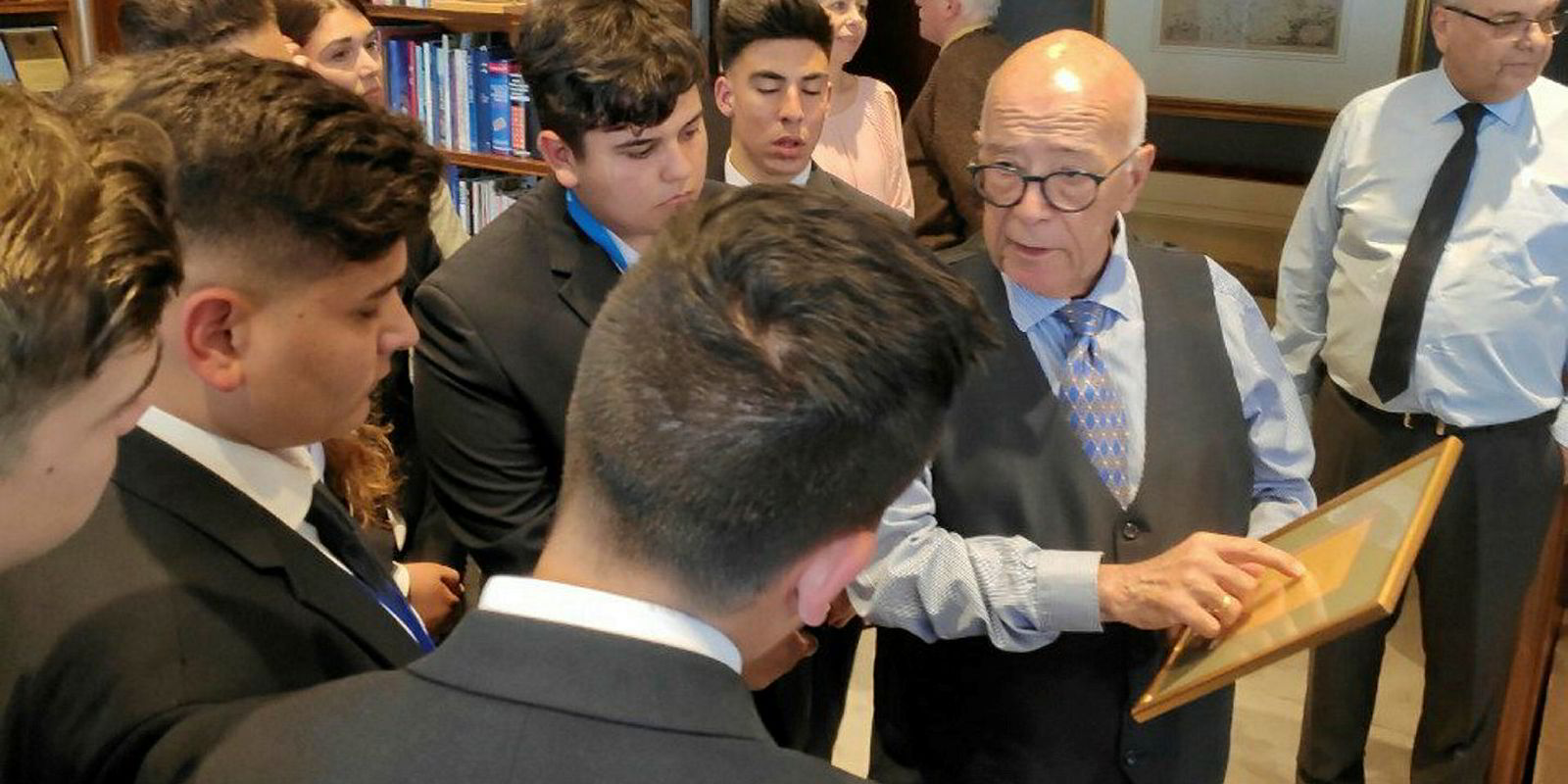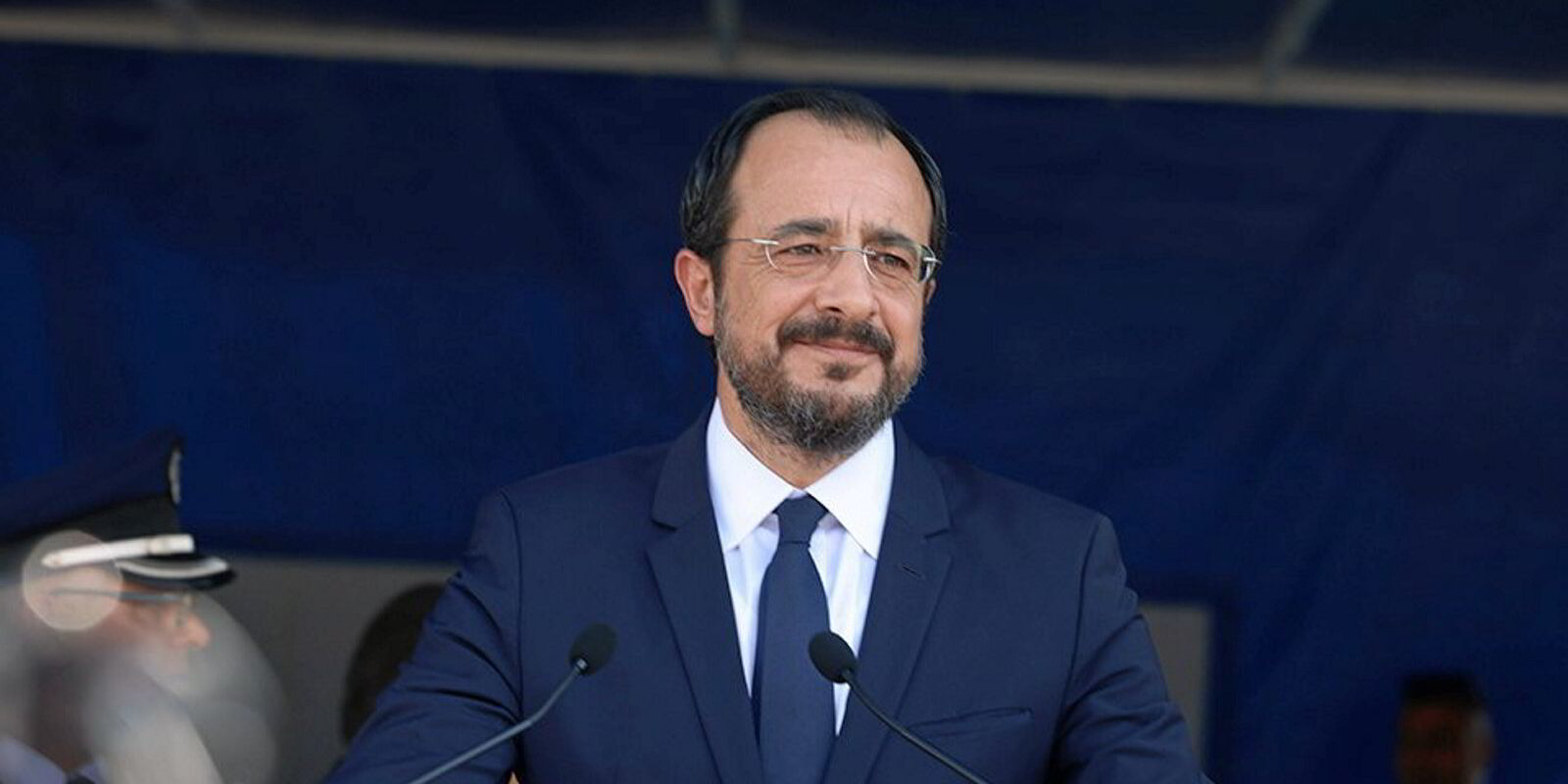If there is one thing Greek ship owners habitually complain about, it is the state of maritime education in their home country and its failure to attract more young Greeks to the profession.
However, very few owners have been trying to do something about it.
One notable exception has been Captain Panagiotis Tsakos.
Six years after setting up TEENS — a nautical school for teenagers over 15 — the Greek tycoon is doubling down by expanding the outfit to include a maritime academy for older students at the same premises on his home island of Chios.
It has been up and running since 30 September to train sea masters and engineers.
“We’ve had candidates from all over Greece — even from mainland places one wouldn’t have imagined,” said Venetia Kallipolitou, who coordinates the Tsakos Group’s education activities in her role as cross-departmental human resources and training manager.
With higher education being nominally a state monopoly and a politically fraught subject in Greece, several legislative pieces had to fall in place for the project to get the go-ahead.
A key development occurred in November 2023, when it became possible to set up a maritime academy in Greece on a certificate granted by authorities in Cyprus — a neighbouring country the Tsakos clan has close ties with.
Family patriarch Panagiotis Tsakos grasped the opportunity with both hands and quickly gave the green light.
“The Captain told us in his own inimitable style: ‘It’s December now — I want the academy to launch and start courses in September’,” Kallipolitou told TradeWinds.
A mad rush began to meet the deadline.

The existing TEENS infrastructure has been a huge help.
The nautical school has expanded greatly since its establishment in 2018, and many of its facilities and teachers serve the new academy.
Additionally, qualified marine lecturers were recruited from within the ranks of the Tsakos Group’s masters and chief engineers.
“Thank God there are a lot of them around in Chios,” Kallipolitou said.
With equipment, premises, teachers and curriculums sorted out, an 800-page application was compiled, submitted and approved within seven months.
As a result, 24 masters and 21 engineering students began courses on 30 September.
As the academy is set up as a non-profit organisation, tuition fees are charged with the sole purpose of helping to cover the academy’s expenses. The Maria Tsakos Foundation also chips in by providing students with grants, scholarships and loans.
Most of the students are male.
No girls enrolled to become engineers, which shows how much work has still to be done to promote maritime professions in Greek society, said Kallipolitou — who spent two decades with the Hellenic Coast Guard and three as training director at the shipping ministry.
After two years of theoretical studies and one as a cadet at sea, students will obtain certificates compatible with the International Maritime Organization’s International Convention on Standards of Training, Certification and Watchkeeping for Seafarers.
The idea is that a large number of them find jobs in the Tsakos fleet.
“These kids will never have to wonder with whom they will do their first voyage as cadets and which fleet they’ll join,” Kallipoliotou said.





